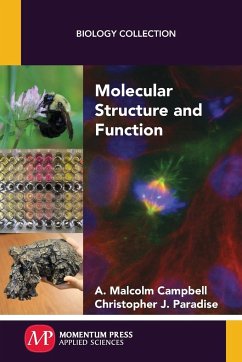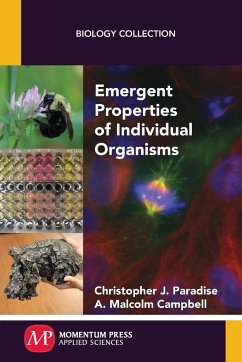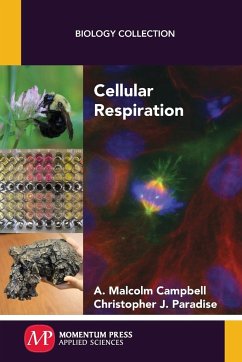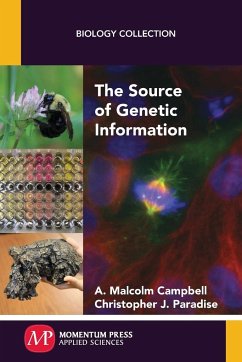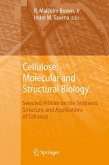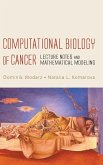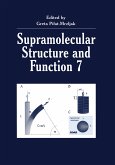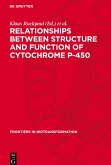One of the overarching themes in nature is that form meets function, meaning that the shape of an object determines how well the object can perform its function. This book begins with some basics about specificity of shapes and the four increasing levels of protein structure. Most of this book examines how epinephrine (adrenaline) can cause the liver to release glucose when a person experiences a fight or flight response. Whenever someone gets scared, all of their cells are bathed in epinephrine. A subset of those cells will respond directly to this hormone, and the liver cells prepare other cells for the extra energy they might need to survive. This book presents some of the data that revealed how the information of fear is carried inside liver cells. This book will also consider how and why some cell membranes are wavy. In short, this book looks at the structure/function relationship at the molecular level.
Bitte wählen Sie Ihr Anliegen aus.
Rechnungen
Retourenschein anfordern
Bestellstatus
Storno

